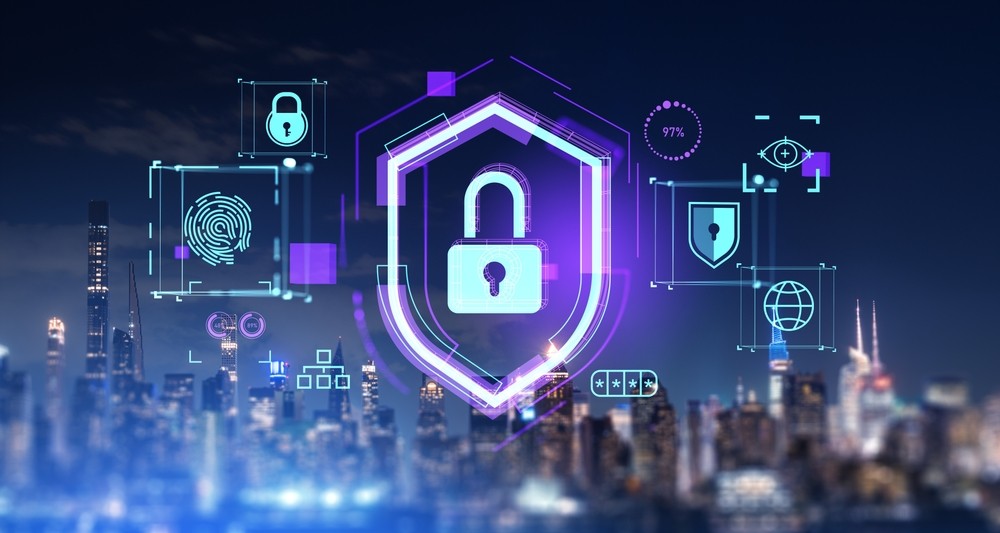As cybercriminals evolve their tactics, leveraging AI-driven attacks and large-scale data exfiltration, organisations must rethink their cybersecurity strategies to protect not just their networks, but their data itself.
The data reveals a concerning upward trend in ransomware incidents, with a staggering 82% increase in attacks in the past year alone. In January 2025, there were 510 reported ransomware victims, up from 280 in January 2024. Despite increased global efforts to tackle the issue, ransomware groups continue to emerge, employing increasingly sophisticated techniques to breach defences and hold businesses to ransom.
The impact of these attacks extends beyond financial losses. Prolonged operational downtime, reputational damage, and regulatory penalties are among the many risks enterprises face. High-profile cases such as the Ticketmaster and Ministry of Defence breaches highlight the vulnerabilities across industries, from large corporations to critical government infrastructure.
“Traditional network security is no longer enough,” said Simon Pamplin, CTO at Certes. “Attackers aren’t just breaching firewalls; they are targeting data directly. Businesses need to shift their focus towards securing their most valuable asset, the data, rather than just defending the perimeter.”
Ransomware attacks are particularly prevalent in data-rich and high-value sectors, including large charities and financial institutions, where cybercriminals see greater potential for ransom payments. The UK has become a key target, experiencing 5% of the world’s ransomware attacks, while the US remains the primary target, accounting for over 50% of incidents.
“The statistics are alarming,” continued Simon. “Beyond the immediate cost of a ransom payment, businesses suffer from lost productivity, eroded customer trust, and in many cases, regulatory fines. The reality is that 80% of organisations that pay a ransom experience another attack soon after. Prevention is key, and that means taking a more holistic approach to cybersecurity.”
With the continued evolution of ransomware tactics, including generative AI and LLM-driven attacks, businesses must adopt a proactive stance. Experts predict that 2025 will see a further escalation in attack volumes, forcing organisations to adapt their security strategies.
“Cyber resilience is no longer optional,” said Simon. “Businesses must invest in robust data protection strategies that go beyond standard defences. The future of cybersecurity is not just about keeping attackers out, it’s about ensuring your data is protected, wherever it resides.”







